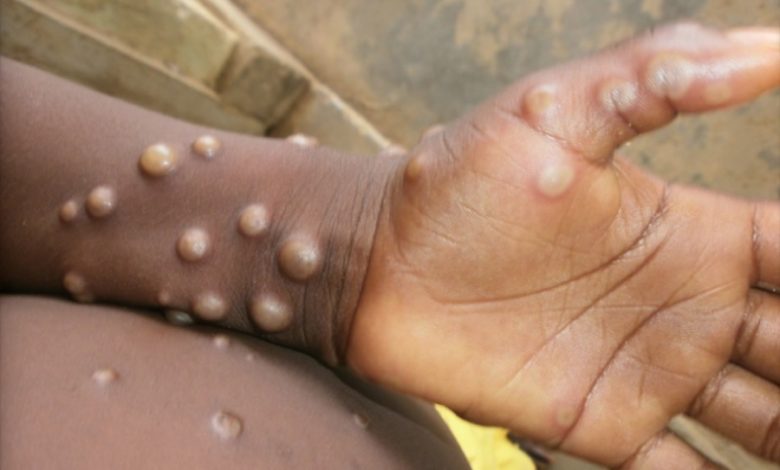Port states urged to avoid ‘knee-jerk’ reactions in wake of spread of monkeypox

Shipping leaders have urged politicians to avoid any knee-jerk reactions as the world gets to grips with a growing public health risk in the form of monkeypox.
Splash reported yesterday that Bangladesh has become the first confirmed country to enact seafarer restrictions in the wake of the global spread of monkeypox, with other Asian nations looking at tightening rules too.
Chittagong Port has barred shore passes for all crew unless in the case of an emergency, while signed-off crew will have to undergo health checks. Other nearby nations, including China and India, have been discussing tightening entry measures as the world braces for the spread of the disease – a usually mild illness that spreads through close contact and can cause flu-like symptoms and pus-filled skin lesions.
Seafarers hearing of port authorities denying shore leave for another virus will be shocked as shipping is still suffering from restrictions put in place by the covid pandemic.
The legacy from covid should not be a knee-jerk, inappropriate or disproportionate reaction to news of every viral or bacterial outbreak
“The legacy from covid should not be a knee-jerk, inappropriate or disproportionate reaction to news of every viral or bacterial outbreak,” stressed Mark O’Neil, president of InterManager, the global shipmanagement association. “Each case needs to be considered on its own very specific merits and we should follow the recommendations of the World Health Organization in how we deal with outbreaks going forward. Monkeypox is very different to covid in symptoms and transmission and deserves a very different treatment,” said O’Neil, who also heads Columbia Shipmanagement.
More than 550 cases of monkeypox have now been recorded in 30 countries around the world, according to the WHO, spreading from Africa predominantly to Europe.
The WHO declared the monkeybox outbreak as a moderate global public health risk on Sunday considering this is the first time that monkeypox cases and clusters are reported concurrently in widely disparate WHO geographical areas, and without known epidemiological links to non-endemic countries in West or Central Africa.
“It’s an unusual situation,” Dr Sylvie Briand, director of the Pandemic and Epidemic Diseases Department at the WHO, said during a webinar on Monday. “Before, we had [monkeypox] only in certain countries. Now it’s out of the box.”
Natalie Shaw, director of employment affairs at the International Chamber of Shipping (ICS), said that as the first reports of monkeypox emerged, the ICS approached the WHO, who reassured the organisation that there is currently no need to restrict the movement of people.
“Many seafarers bore the brunt of draconian travel restrictions during the pandemic. Governments should think carefully before implementing further restrictions that affect the vital movement of goods during a precarious time for the global economy,” Shaw told Splash today.
Also urging caution among port states has been Kuba Szymanski, InterManager’s secretary general, who told Splash: “While it is of course important to take public health matters seriously, it is also essential to ensure our seafarers are treated fairly.”
Henrik Jensen, who heads up crew manager Danica Maritime, said he had been fearing seafarer restrictions as soon as monkeypox started making headlines in the western press.
“I hope health authorities will stay calm and we will not have another panicdemic,” Jensen said.
